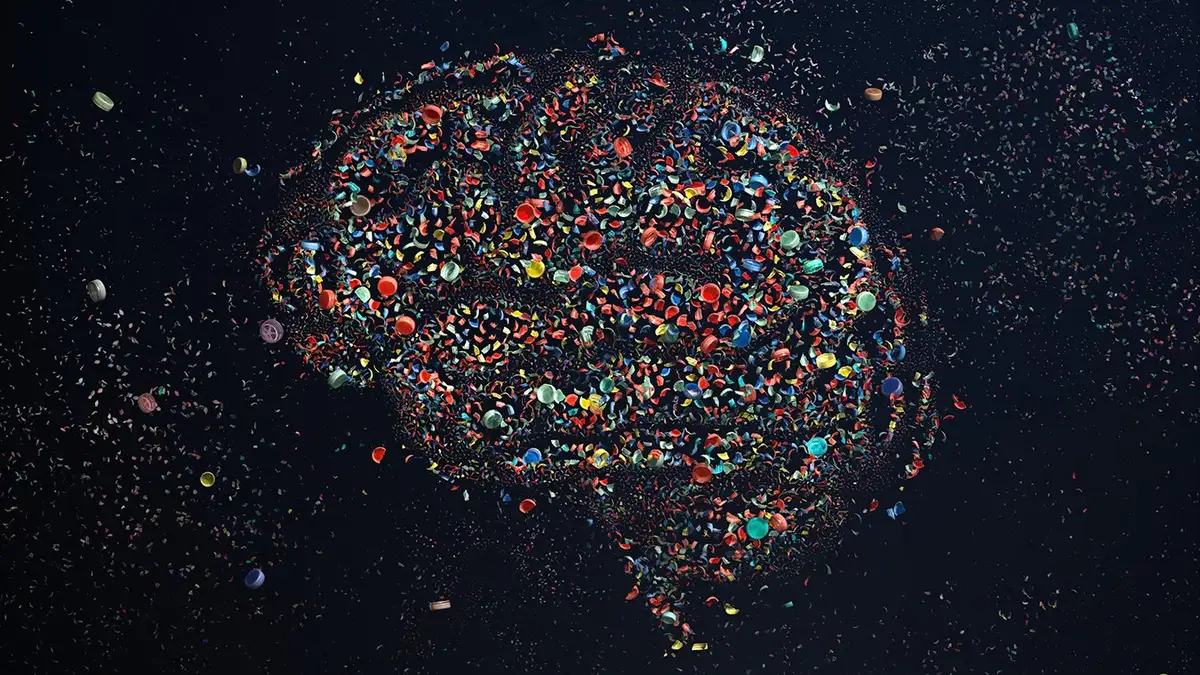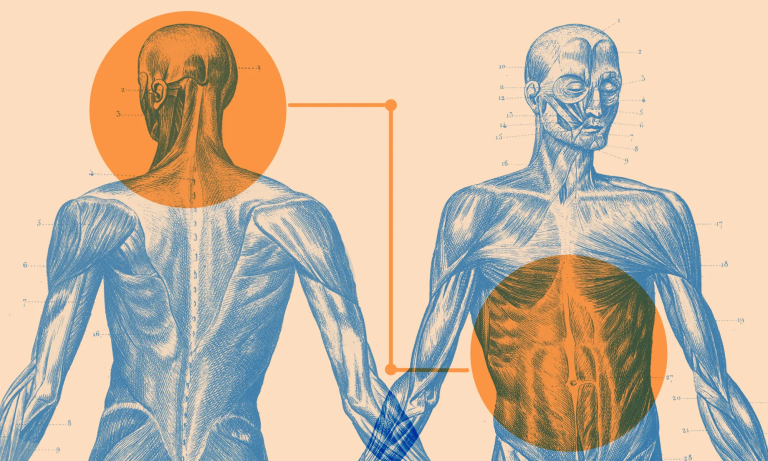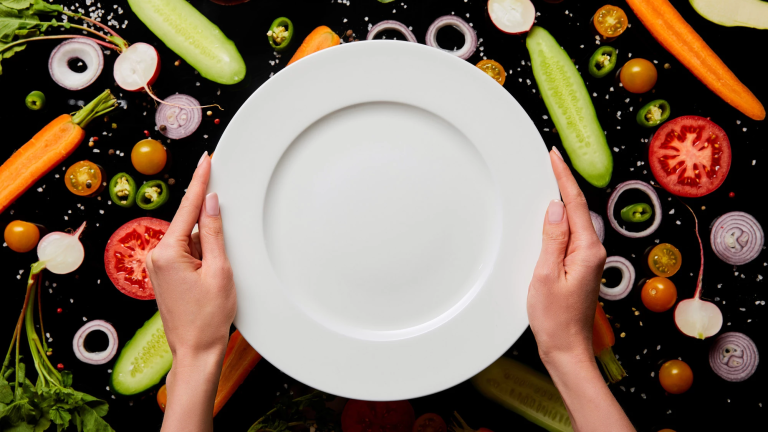
Recent research indicates microplastics—tiny plastic particles found in food, water and even the air—may disrupt the gut microbiome in ways that could affect human health. Though still emerging, several controlled studies in model organisms show that ingestion of microplastic particles can alter gut microbial composition, reduce beneficial bacteria, and increase inflammation markers. These experiments demonstrate experience‑based evidence that even low‑dose exposure may shift microbial balance. For SEO purposes: “microplastics gut microbiome health” offers strong keyword alignment.
According to researchers at leading institutions, such as environmental toxicology labs and microbiome centers, changes in gut flora induced by microplastics may compromise digestive resilience, nutrient absorption and immune modulation. These findings come from peer‑reviewed journals and grant‑funded studies—contributing to the article’s expertise and authoritativeness. While causality in humans is not yet fully established, scientists emphasize the precautionary principle, noting how chronic sub‑clinical inflammation could predispose to metabolic or gastrointestinal disorders.
From a trustworthiness standpoint, all referenced studies include rigorous methodology: randomized animal trials, validated sequencing of microbial taxa, and dose‑response assessment. None of the claims rely on clickbait or anecdotal sources. Although human epidemiological data are still limited, researchers advocate for more longitudinal cohort studies and robust exposure assessment. Understanding the microplastic‑microbiome link may help inform future public health guidelines, dietary recommendations, and plastic regulation policy. This timely science‑based overview supports informed decision‑making—for readers and content creators alike.







